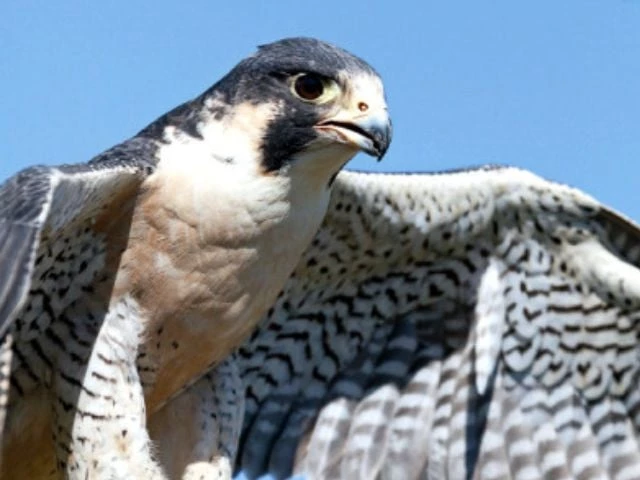Complying with a “zero tolerance” policy against illegal hunting of hawks and quail, the Punjab Wildlife Department will be displaying newly trained wildlife rangers throughout the province under forests Secretary, Mudassir Riaz Malik.
The Chief of Wildlife Mubeen Elahi presided over a meeting on Wednesday at the Lahore Zoo to review and finish the strategy.
The authorities indicated that the illegal hunting of hawks and quail in Punjab has led to a strong decrease in the population of these rare bird species.
The immediate FIR (first information reports) will be presented against criminals, and land owners found complicit to allow illegal hunting on their property and will also face legal consequences.
Read: Punjab to prohibit sale and start sterilization of large private property cats
All field officers and staff were instructed to maintain complete surveillance at all times during the hunting season.
All attachments of wildlife were ordered to submit daily reports on violations and application actions. During the meeting, it was decided that the respective Wildlife Chief Ranger would be responsible for complaints related to compensation or capture of hawks or quail.
The objective is to educate the public about the ecological damage caused by illegal hunting and discourage such practices. Raid teams dedicated in their respective regions to monitor and act on any illegal activity will be established.
Read more: The migratory bird numbers collapse in Pakistan
Field officers will launch synchronized public awareness campaigns in Punjab using electronic and social network platforms.
The meeting was served through a video link for all the attached rangers of wildlife throughout the province, along with the wardrobe attendees Chief Wildlife Rangers and the Senior Wildlife Rasques.
The department also announced that officers who demonstrate exceptional performance during the hunting season will be rewarded accordingly.
While the latest efforts of the Wildlife Department mark a serious commitment to the conservation of wildlife, the success of this campaign depends on public cooperation, consciousness and effective application of the law.




